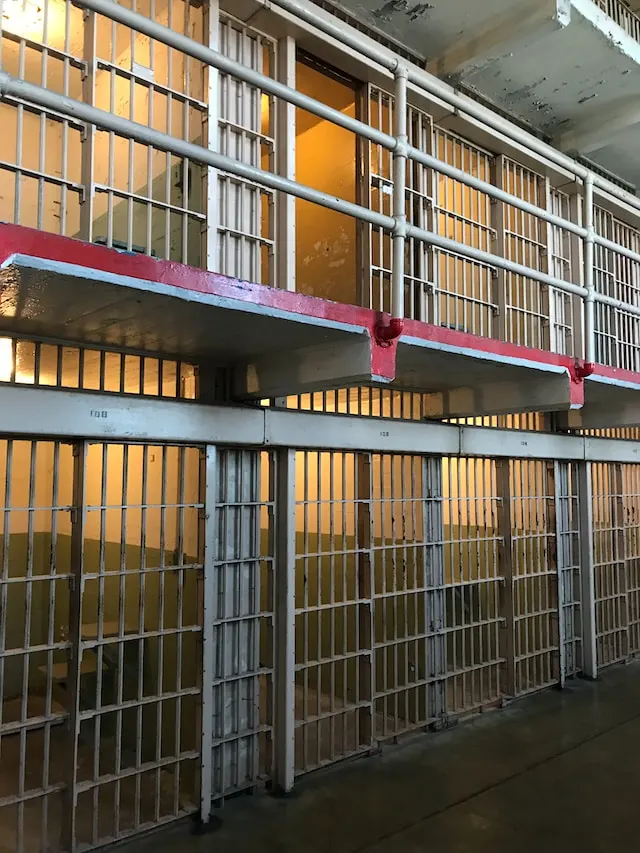
Immigration detention is a multifaceted issue that often elicits strong emotions and polarizing opinions As countries grapple with questions of national security, border control, and human rights, the practice of detaining immigrants has come under increasing scrutiny. This blog aims to shed light on the complexities surrounding immigration detention, exploring its impact on individuals, society, and the broader conversation on immigration policies.
Immigration detention is commonly employed as a means to manage and control the movement of people across borders. It’s intended to ensure that individuals comply with immigration laws, attend hearings, and prevent them from absconding before their cases are resolved. Detention may be used when there are concerns about public safety or flight risk.
While the purpose of immigration detention might seem logical, the reality is often much harsher. Detainees can spend weeks, months, or even years in detention facilities, facing uncertainty about their future Living conditions can be challenging, and access to proper medical care, legal representation, and basic necessities may be limited. This situation can take a toll on detainees’ mental and emotional well-being.
One aspect that often goes unnoticed is the effect of immigration detention on families. Children may be separated from their parents, causing long-lasting psychological trauma. Families are disrupted, and the emotional toll can be devastating. The lack of communication and transparency during the detention process exacerbates the distress.
Critics of immigration detention advocate for the use of alternatives that maintain human dignity while addressing legitimate concerns. These alternatives could include community-based supervision programs, regular check-ins, ankle monitoring, or requiring a financial bond. Such approaches can be more cost-effective and less harmful to individuals and families.
The legality and ethics of prolonged immigration detention are hotly debated. International human rights standards emphasize the right to liberty and protection from arbitrary detention. Balancing national security with respecting individual rights poses a challenge for policymakers.
Recognizing the drawbacks of traditional detention, some countries have begun to reform their immigration detention systems. This includes improving living conditions, increasing access to legal aid, limiting the detention of vulnerable individuals like children and asylum seekers, and ensuring that detention is used as a last resort.
